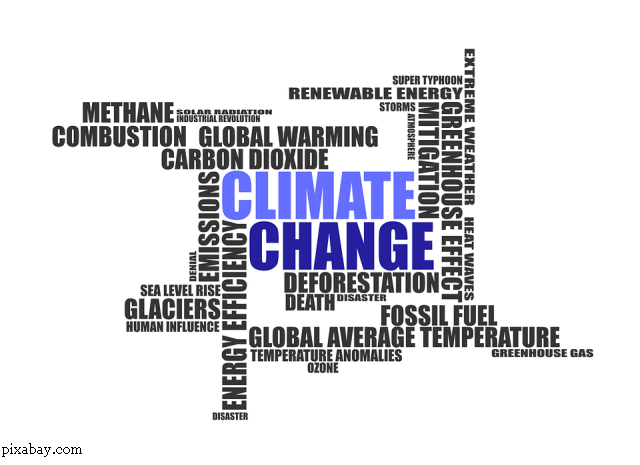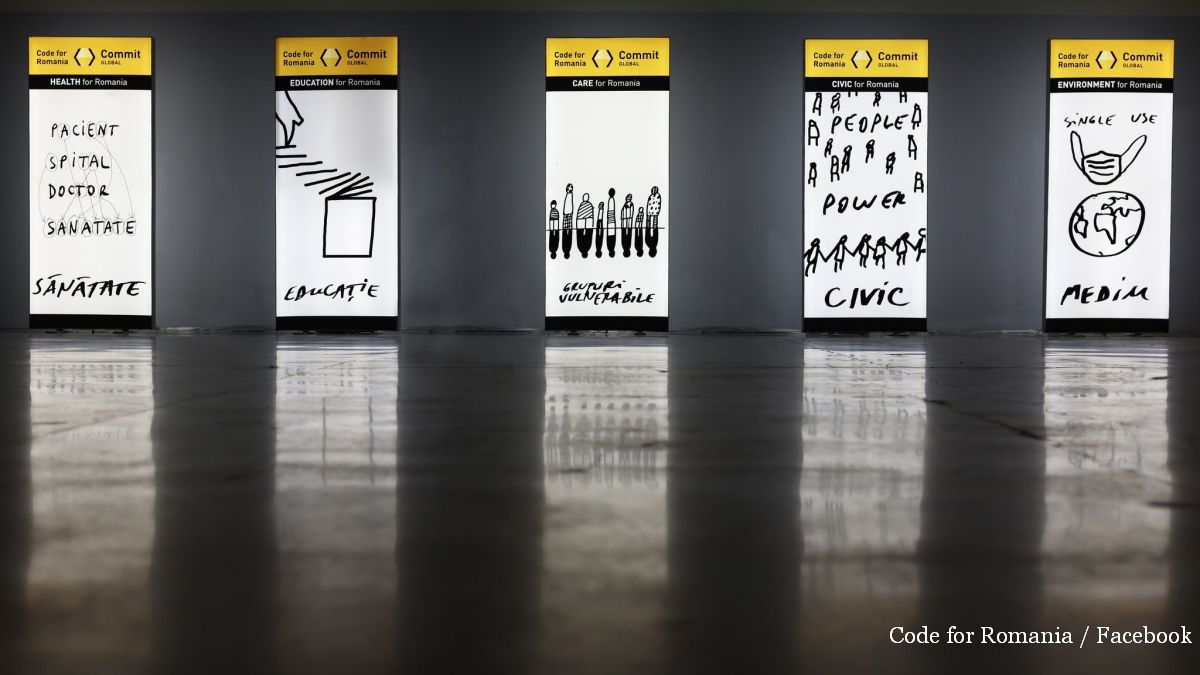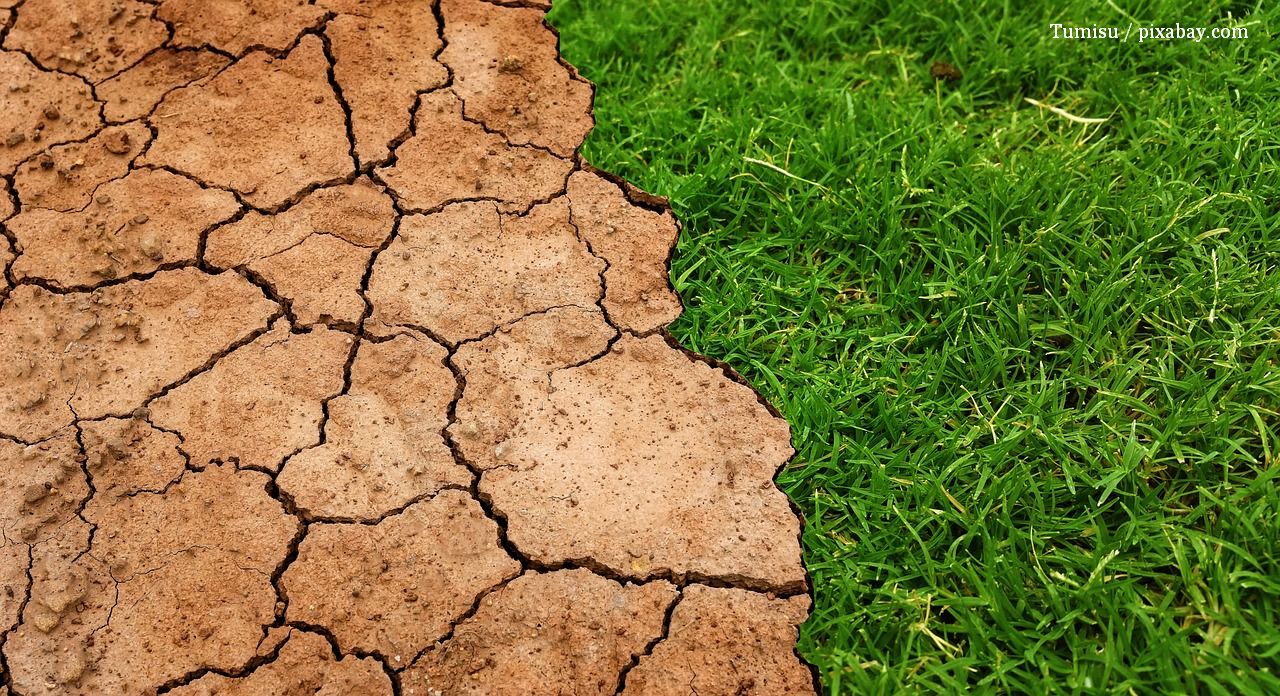Education on Climate Change and the Environment
Human activities are at the root of dangerous climate warming

Corina Cristea, 21.01.2022, 18:27
Human activities are at the root of dangerous climate warming, a process that translates into weather changes ever more violent, according to scientific studies, confirmed by everyday reality. A report of the American National Oceanic and Atmospheric Administration shows that 20 phenomena of this type caused last year alone almost 700 deaths in the US, while material damage cost this country over one billion dollars. EU researchers with the Copernicus institute for climate change also shows that Europe face in 2021 a summer characterized by high heat waves around the Mediterranean, and flooding in the center of the continent. According to data from the institute, 2021 was the fifth hottest year on record, with a summer rise in temperature of 1.2 degrees Celsius compared to the pre-industrial period, 150 years ago. Scientists say that, against a rise in greenhouse gases, such as carbon dioxide and methane, temperatures will continue to rise in 2022. Awareness of the gravity of climate change is a first step in solving it, and children and young people react positively to environmental education. This may be one of the reasons for which Romania has issued a Report on Education and Climate Change in Sustainable Schools, a document under public debate, aimed mainly at children. Education is one of the pillars of improved response to climate change, as shown at the launch of the report by the head of state.
The presidency set up in 2021 the Working Group for Education on Climate Change and the Environment, which issued the document. The report wants to open the way to a change in mentalities, as explained by President Klaus Iohannis:
“The proposed model provides students with a set of attractive digital instruments, apps, interactive handbooks, because we are addressing a generation of veritable digital natives. At the same time, we need to provide students with an opportunity to learn about nature within nature, to understand what sustainability means in sustainable schools, and to raise awareness on the importance of protecting the environment with practical activities, meant to protect the environment.”
Introducing Green Week in the calendar of schools, updating school curricula in biology, geography, and science with notions related to climate change and the environment, expanding some relevant disciplines and optional classes listed in the document. The report also includes a series of tools such as a web platform to facilitate the participation of students in actions dedicated to the environment, digital textbooks, both digital and physical, free kits for measuring pollutants in the air, free apps for schools to measure and analyze pollutants, including school projects and competitions. As a guest on Radio Romania, Professor Mircea Dutu, head of the Ecological University of Bucharest, told us about this type of education:
“There is this trend of opinion that says that education means receiving knowledge. This is not the case. This is not a discipline in which the biology teacher with added information about the environment. It is about education, conveying knowledge which is taken in, turning it into convictions, expressed then in behavior, attitudes, and positions, which is much more complex that the regular teaching activity. It has to be a conjoined action, from several directions, and quite focused. In addition, we have to see that climate change training takes a whole cloth restructuring of the Romanian education system from the perspective of changing this model of development. We have to see that this is a new concept. Climate education is aimed at sowing within young people ideas that remove reticence towards the officially promoted discourse, which sometimes is not suited for reception by each individual. There are studies that show that a favorable attitude regarding climate change contributes to up to 20% to solving the issue in general, which is quite significant. The generation coming up now will be the generation faced with climate change.”
Professor Mircea Dutu also told us that there are studies that show that the people born in 2020, who will turn 80 in 2100, at the peak of climate change problems, have to be trained to act for slowing the phenomenon, and for adapting to the new climate conditions which are sure to manifest themselves at that time.






























